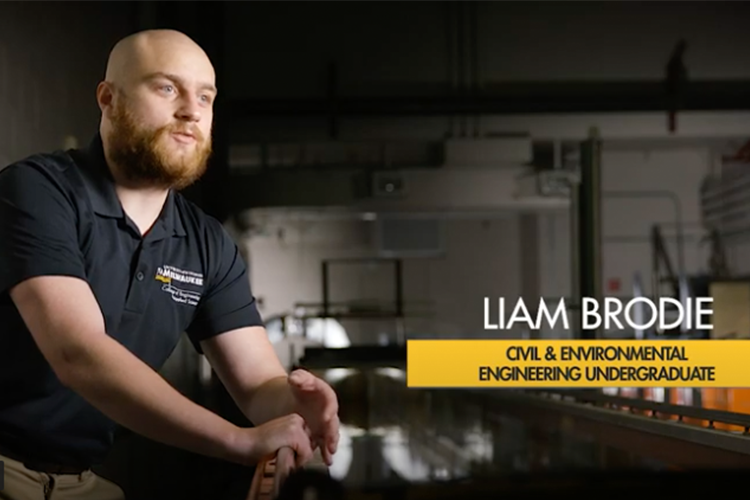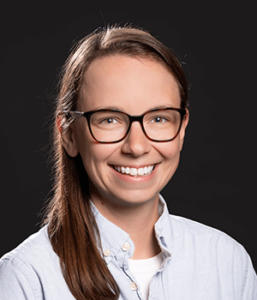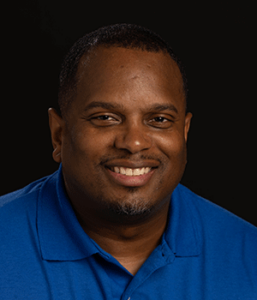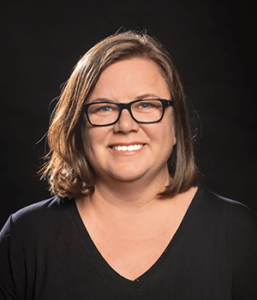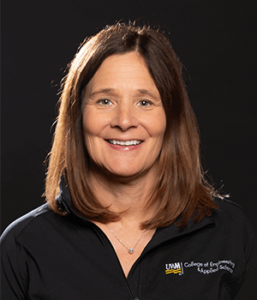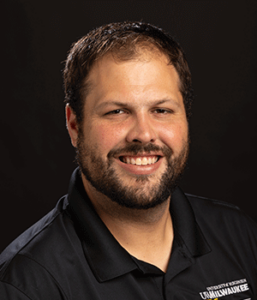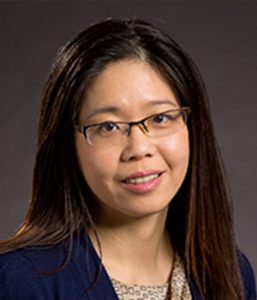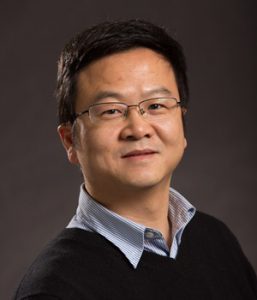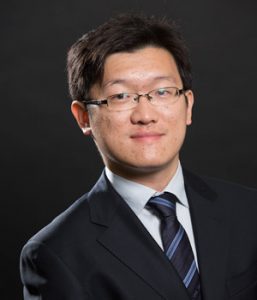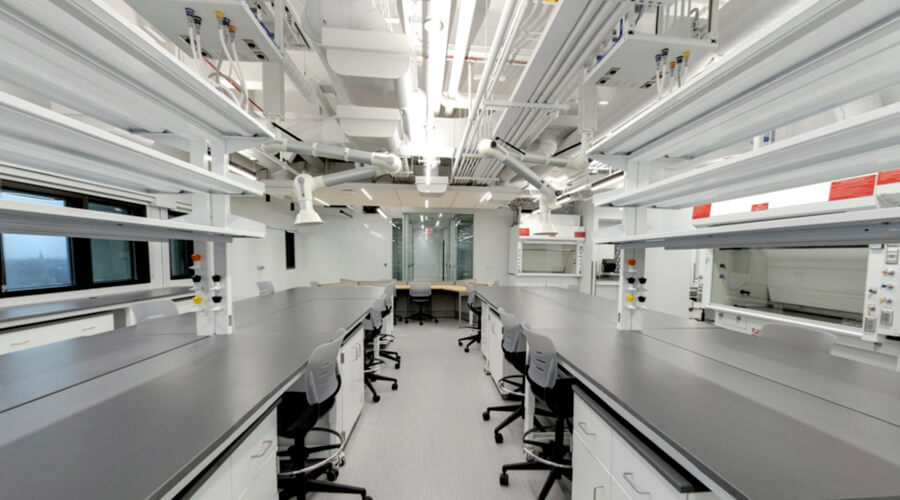Environmental Engineering BSE
An environmental engineering degree prepares you to use the principles of engineering, soil science, biology and chemistry to develop solutions to environmental problems such as pollution and hazardous waste.
The environmental engineering degree program at UWM is young, but well-connected, especially around water. In addition to being located next to beautiful Lake Michigan, UWM leads global partnerships and collaborations around water so our Bachelor of Science (BS) in Engineering students have access to state-of-the-art facilities and faculty that conduct important research.
Program Type
Major
Program Format
On Campus
Career Outlook
Environmental engineers work to improve drinking water supply, public health, recycling, and sustainability, and also to control water and air pollution, and manage waste. They may work on waste treatment, wastewater treatment, site remediation, or pollution control technology.
2019 Median pay is $88,860/year*
*U.S. Bureau of Labor Statistics
What to Expect
Increased speed to graduation
Our new and redesigned curriculum makes it easier and faster for you to complete your degree. You’ll also find greater flexibility in the electives available to customize your experience.
What makes our program stand out
The mission of the UWM Undergraduate Environmental Engineering degree program is to educate students to become engineering professionals who use the principles of engineering, soil science, biology, and chemistry to plan, design, build, and manage the infrastructure systems needed to develop solutions to environmental problems. The program includes classroom, laboratory, and field studies.
Honors
You will be eligible for these honors in the major during your studies and upon completing your degree.
Students at UWM have many opportunities to earn honors recognition.
UWM’s College of Engineering & Applied Science program provides many opportunities to pair classroom learning with hands-on experiences outside the classroom. The college’s location in Wisconsin’s largest city, with a broad network of industry partnerships, gives you easy access to well-paid internships and co-ops, as well as other important opportunities to enhance your resume.
Did you know?
- 97 percent of our graduates launch their careers or continue their education upon graduation.
- SOURCE: UWM First Destination Survey for the College of Engineering & Applied Science, 2021-2022
We’re Here to Help
We have a dedicated Career Services Department at the College of Engineering & Applied Science who works exclusively with our students to prepare them for a career after graduation.
What You’ll Do
- Prepare, review, and update environmental investigation reports
- Design environmental protection projects, such as water reclamation facilities or air pollution control systems
- Obtain, update, and maintain plans, permits, and standard operating procedures
- Provide technical support for environmental remediation projects and for legal actions
- Analyze scientific data and do quality-control checks
- Monitor the progress of environmental improvement programs
- Inspect industrial and municipal facilities and programs in order to ensure compliance with environmental regulations
- Advise corporations and government agencies about procedures for cleaning up contaminated sites
Alumni Stories
Details to come
Advising
- Academic Advisor, Undergraduate Advising
- Students with last names M-R
- wisnowsk@uwm.edu
- 414-251-5368
- Engineering and Mathematical Sciences 386
- Academic Advisor, Undergraduate Advising
- Students with last names A-E
- brandonc@uwm.edu
- 414-251-9253
- Engineering and Mathematical Sciences E386
- Senior Advisor, Undergraduate Advising
- Students with last names beginning F-L
- Prospective Transfer Student Liaison
- currentt@uwm.edu
- 414-229-2203
- Engineering & Mathematical Sciences E385B
- Senior Advisor, Undergraduate Advising
- Students with last names beginning S-Z
- Prospective Student Liaison
- klumpp@uwm.edu
- 414-229-5193
- Engineering and Mathematical Sciences E385C
Tutoring
- Retention Coordinator, Tutoring
- Student Support Center Coordinator
- Freshmen Orientation Instructor
- Ander675@uwm.edu
- 414-229-3882
- Engineering & Mathematical Sciences 386B
Faculty & Staff
- Professor, Civil and Environmental Engineering
- li@uwm.edu
- 414-229-6891
- Engineering and Mathematical Sciences E321
- Professor, Civil and Environmental Engineering
- liao@uwm.edu
- 414-229-4228
- Engineering and Mathematical Sciences E363
- Lawrence E. Sivak '71 Professorship
- Associate Professor, Civil and Environmental Engineering
- wang292@uwm.edu
- 414-251-6446
- Engineering & Mathematical Sciences E371G

